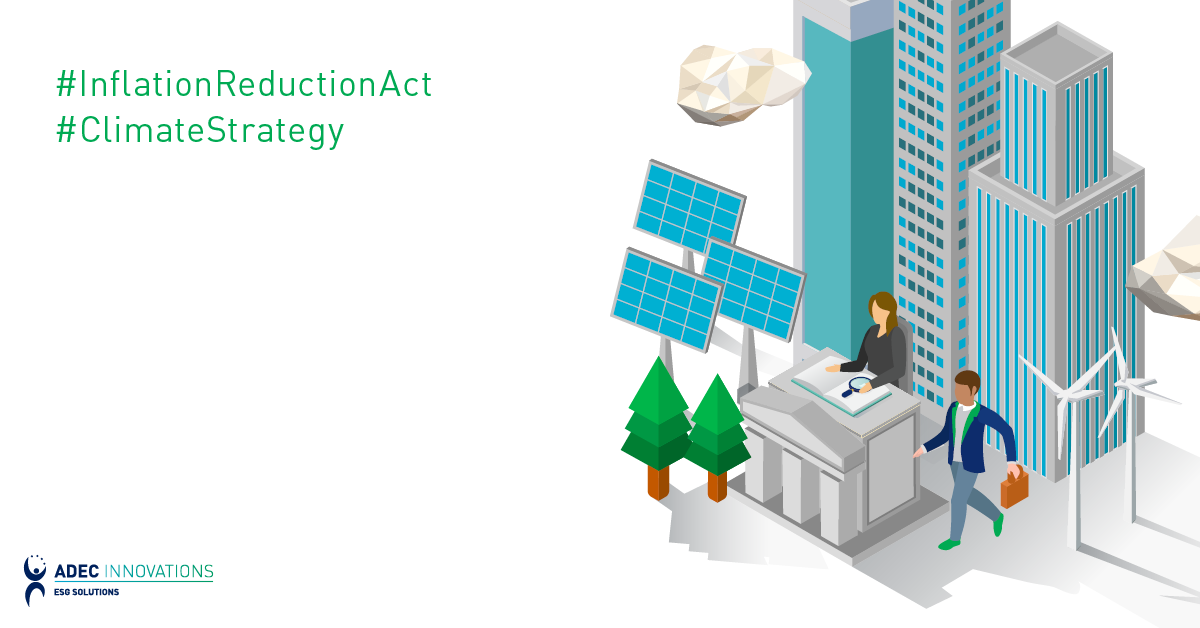Sweden is ranked as the Most Sustainable Country in the World for 2015 according to RobecoSAM’s Country Sustainability Ranking study.
The Scandinavian nation emerged ahead of 59 other countries evaluated on a broad range of Environmental, Social, and Governance (ESG) components, retaining the lead position it secured last year. The Country Sustainability Ranking is based on crucial risk and return drivers important for investors, and consists of 17 indicators that provide insights into the investment risks and opportunities associated with each country.
Following are the top 5 reasons Sweden is the most sustainable country in the world:
Sustainable living
One key distinction between Sweden and other countries is its combination of citizen engagement, high ambition levels and international solidarity. As a result, air pollution in Sweden is at 10.2 micrograms per cubic meter, compared with the Organization for Economic Cooperation and Development (OECD) average of 20.1.
- A study by the European Commission found that 40% of Swedes have purchased eco-labeled food and consumer products in one month, higher than the European average.
- The market for used clothing has grown in Sweden over the past years. Vintage fashion has become such a huge trend that established chains are competing with small vintage boutiques selling second-hand items.
- Swedes are conscientious about recycling beverage containers. Out of the targeted 90%, 88% of all aluminum cans and PET bottles are now in the recycling system.
Roadmap 2050
Sweden intends to become the world’s first fossil-fuel free nation as part of their commitment under Roadmap 2050. To do this, Sweden must reduce greenhouse gas (GHG) emissions as compared with 1990 levels by 40% by the year 2020, and have a vehicle fleet completely rid of fossil fuels by 2030. The Swedish government will invest 4.4 billion krone (USD633 Million) of its 2016 budget in solar and wind energy, smart grids and clean transport. The budget increase will be financed through heavy taxes on petrol and diesel fuel, as well as through airport and nuclear plant closures and the sale of coal mines.
Carbon tax
In 1995, Sweden became one of the first countries in the world to initiate a carbon tax. This excise tax is placed on carbon-intensive fuels such as oil and natural gas, and has heavily cut down Sweden’s dependency on fossil fuels. Instituting a carbon tax is a cost-effective means of lessening CO2 emissions.
In 2012, Sweden’s environmentally related tax revenue was 2.52% of Gross Domestic Product (GDP), compared with the OECD average of 1.54%.
Renewable energy
With 52% of renewables, largely hydropower and biofuels, in its energy portfolio, Sweden has the highest percentage of renewable energy in the EU. According to the Swedish Energy Agency’s predictions, that share can be boosted to 55% by 2020.
Human-heated buildings
“Passive Houses” are powered through the use of energy from people’s body heat, electrical appliances, and sunlight. Energy-efficient passive houses have been built in a number of communities in Sweden.
A nation’s sustainability can be affected by risks such as interstate conflicts, water crises, disasters caused by extreme weather events, unemployment, cyber-attacks and national governance failures. These factors can negatively impact a country’s economy, so ESG issues need to be heavily considered. As Sweden is showing the world, sustainability is an achievable goal for every nation.
During a speech in the Swedish Parliament, Social Democratic Prime Minister Stefan Löfven told the assembled press and politicians, “Children should grow up in an environment free from toxic substances. The precautionary principle, the substitution of hazardous substances and the polluter pays principle are the basic premises…In a Sweden to be proud of, we will take climate responsibility for future generations.”
ADEC ESG Solutions is a leading provider of ESG solutions, including fully-integrated industry expertise, software solutions, and data management. We help government agencies reduce their environmental costs and impacts, lower energy and resource use, and operate more sustainably. Learn more about our services and how to implement sustainability plans by scheduling a free consultation.




